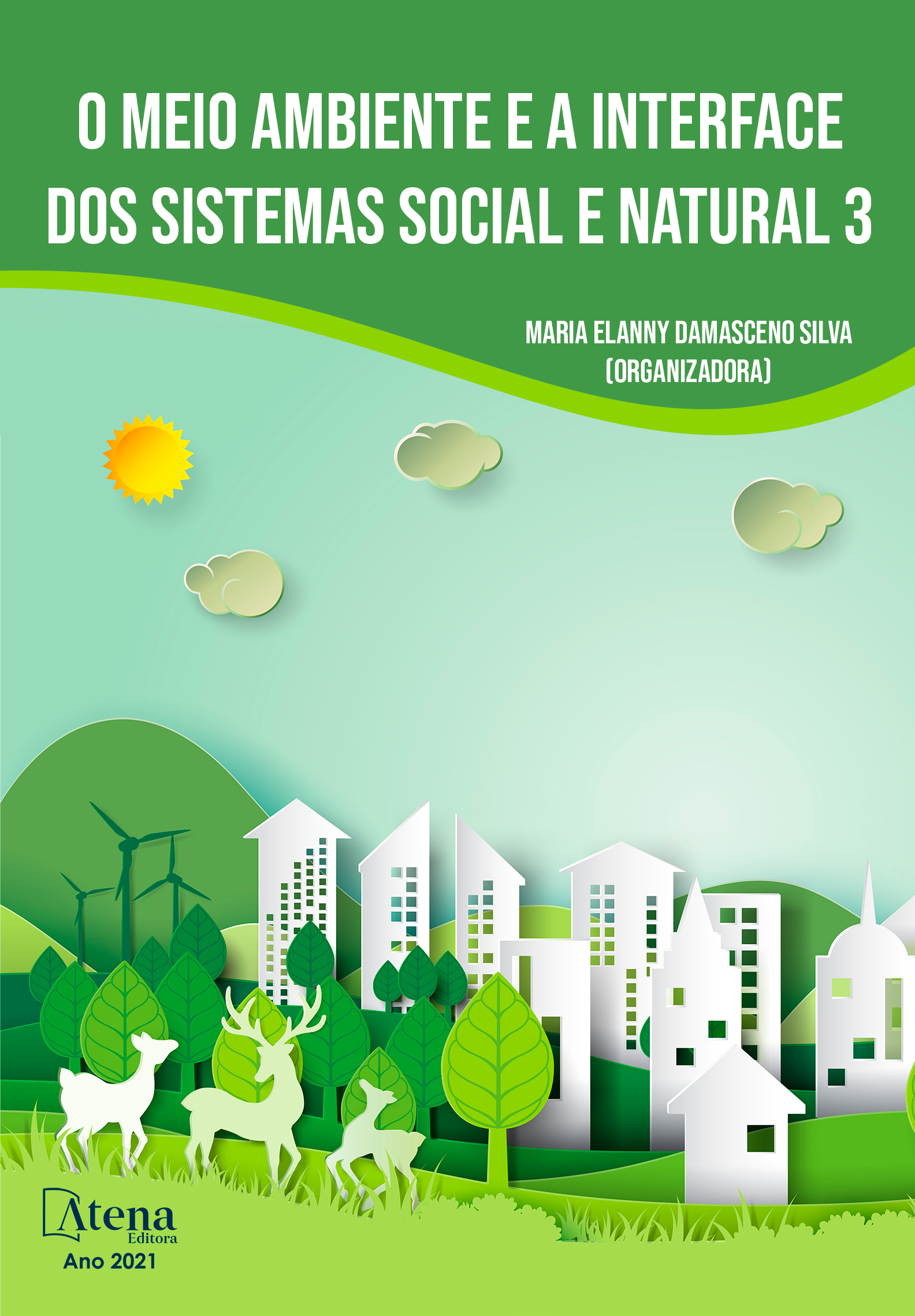
PLANO DE GERENCIAMENTO DE RESÍDUOS SÓLIDOS DO DEPARTAMENTO DE CONTROLE DO ESPAÇO AÉREO
Ao partir da premissa que as organizações públicas têm o dever e a responsabilidade de promover ações socioambientais e econômicas em cumprimento às legislações governamentais voltadas ao Desenvolvimento Sustentável (DS), a Força Aérea Brasileira (FAB), especificamente as Organizações Militares (OM) do trabalho apresentado, localizadas no Complexo Santo Dumont (CSD), no Rio de Janeiro, e o Departamento de Controle do Espaço Aéreo (DECEA), responsável pelo controle do espaço aéreo brasileiro, têm contribuído para manter o equilíbrio no tripé de sustentabilidade, cumprindo seus princípios legais. Através de uma Comissão Gestora que trabalha para gerir os diversos Resíduos Sólidos (RS) produzidos no CSD, utilizando como ferramenta o Plano de Gerenciamento de Resíduos Sólidos (PGRS), o DECEA tem uma representação relevante quanto à preservação do meio ambiente. Para a construção do Plano a metodologia utilizada foi dividida nas seguintes fases: coleta de dados; avaliações econômicas, administrativas e ambientais realizadas em análise diária da vida militar no Complexo; e planos de ação e fluxos de processos. Nesse contexto, este trabalho discorrerá sobre as estratégias e fluxos de processo para o gerenciamento ambientalmente adequado de cada tipo de resíduo encontrado, considerando suas especificidades e o tratamento diferenciado que demandam.
PLANO DE GERENCIAMENTO DE RESÍDUOS SÓLIDOS DO DEPARTAMENTO DE CONTROLE DO ESPAÇO AÉREO
-
DOI: 10.22533/at.ed.11621080119
-
Palavras-chave: esíduos Sólidos, Sustentabilidade, Gestão Ambiental, Força Aérea Brasileira, DECEA
-
Keywords: Solid Waste, Sustainability, Environmental Management, Brazilian Air Force, ACD
-
Abstract:
Based on the premise that Public Organizations have the obligation and responsibility to promote socioenvironmental and economic actions in compliance with government legislation aimed at Sustainable Development (SD), the Brazilian Air Force (BAF), specifically the Military Organizations (MO) at work presented, located in the Santos Dumont Complex (SDC), in Rio de Janeiro, and the Airspace Control Department (ACD), responsible for the control of brazilian airspace, have contributed to maintaining balance in the sustainability tripod, fulfilling its lawful principles. Through a Management Committee that works to manage the various Solid Waste (SW) produced at SDC, using the Solid Waste Management Plan (SWMP) as a tool, ACD has a relevant representation in regarding the environment preservation. For the construction of the Plan, the methodology was divided into the following phases: datas collection; economic, administrative and environmental evaluations carried out in daily analysis of the life of the Complex military; and the action plans and the process flows. In this context, this work discussed the strategies and the process flows for the environmentally adequate management of each type of waste found, considering their specificities and the different treatment they demand.
-
Número de páginas: 15
- ANA BEATRIZ DE SOUZA GOMES BRANDÃO
- FÁTIMA CRISTINA CONCEIÇÃO DE GOUVÊA
- MARIANA DA SILVA MELLO NOGUEIRA CONTREIRAS CESAR


